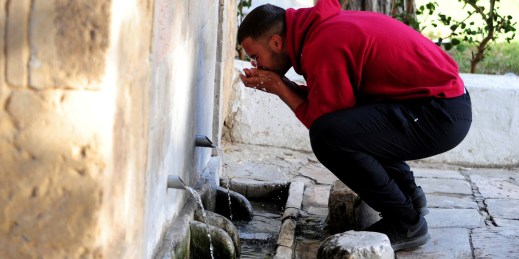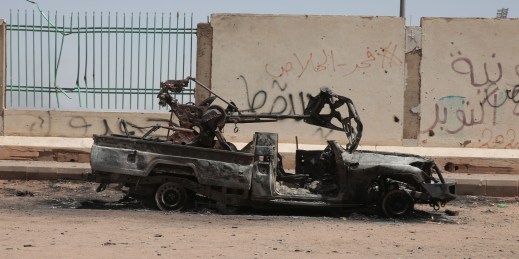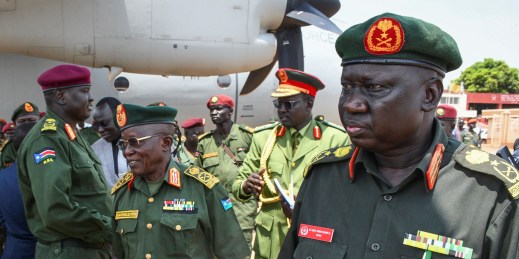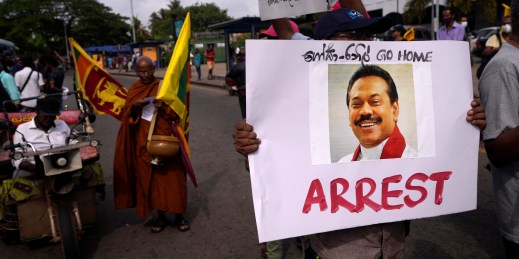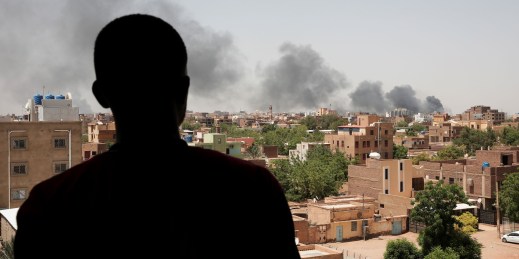
Sudan has been gripped by violence since fighting broke out just over a week ago between rival military factions vying for control in Khartoum. With the situation deteriorating, the plight of civilians has been in the spotlight, but protective infrastructure is scarce. For Sudanese civilians, the only option has been “self-protection.”

